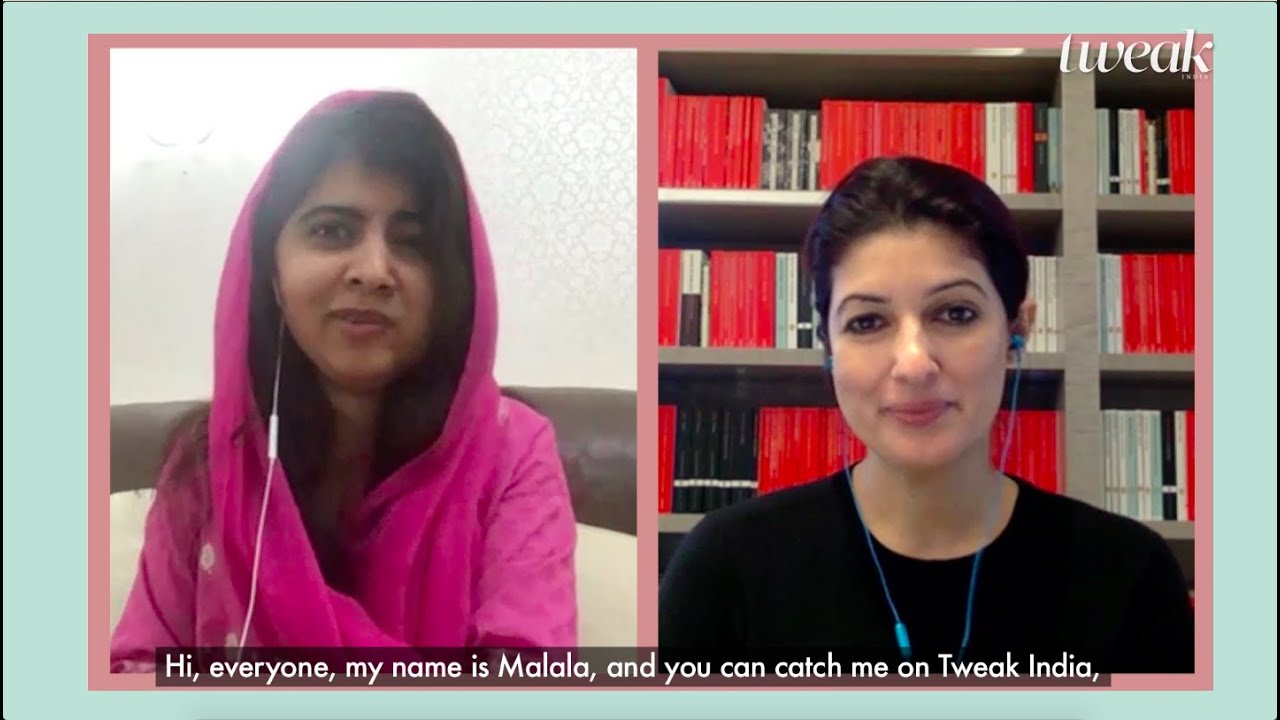My Daughter, Malala | Ziauddin Yousafzai | TED Talks
Summary
TLDRIn this powerful speech, the father of Malala Yousafzai reflects on the patriarchal norms that oppress women and girls, detailing the injustices they face from birth. He proudly shares his own journey of supporting his daughter's education and activism, which led to her international recognition and the family's struggle against the Taliban. He emphasizes the importance of challenging societal norms and discriminatory laws to empower women and break the cycle of oppression.
Takeaways
- 👨👧 The speaker, Malala's father, takes pride in being known by his daughter, highlighting the importance of her achievements and challenging traditional patriarchal norms.
- 🌟 Malala Yousafzai began advocating for education and women's rights at a young age, gaining national and international recognition for her courage and activism.
- 📚 Education is a pivotal theme in the script, with the speaker emphasizing its transformative power and the significance of enrolling his daughter in school despite societal constraints.
- 🚫 The script describes the harsh realities faced by girls in patriarchal societies, where they are often denied basic rights, including education and freedom of movement.
- 💔 The emotional toll of societal expectations is evident, as the speaker recounts the sadness and guilt associated with the birth of daughters and the pressure to conform to traditional gender roles.
- 🔒 The concept of 'honor' is critiqued as a restrictive and harmful social construct that controls the lives of both women and men within patriarchal families.
- 🌐 The speaker calls for a global shift in mindset, urging men and women in tribal and patriarchal societies to challenge discriminatory norms and laws that oppress women.
- 📖 Malala's story is used as an example of how one person's courage can inspire change, despite the risks and the fear imposed by oppressive regimes like the Taliban.
- 🤝 The importance of supporting and encouraging daughters to be strong, vocal, and independent is highlighted, as well as the role of fathers in challenging and changing societal norms.
- 🌟 The script concludes with a message of resilience and the power of education to empower individuals, as exemplified by Malala's continued activism and her family's unwavering support.
Q & A
What was Malala's father's initial reaction to her birth?
-Initially, Malala's father admits he did not like newborn children, but when he looked into Malala's eyes, he felt extremely honored.
Why did Malala's father name her 'Malala'?
-Malala's father named her after Malalai of Maiwand, a heroic, legendary freedom fighter in Afghanistan, whom he admired.
What was the significance of Malala's enrollment in school according to her father?
-Enrollment in school was a significant event in Malala's life because it represented the recognition of her identity and her name, and it marked her entry into a world of dreams and aspirations.
How did Malala's father's upbringing differ from the traditional norms of patriarchal societies?
-Malala's father encouraged her intelligence and brilliance, allowed her to sit with him when his friends visited, and took her to different meetings, instilling in her values that went against the traditional lessons of obedience and honor.
What was the impact of Talibanization on women's rights in the region where Malala lived?
-Talibanization led to a complete negation of women's participation in political, economic, and social activities, the closure of hundreds of schools, prohibition of girls' education, forced veiling of women, and severe restrictions on their movements and freedoms.
How did Malala respond to the restrictions imposed by the Taliban?
-Malala stood for the right to education, wrote a diary for the BBC, volunteered for the New York Times documentaries, and spoke from every platform she could, becoming a powerful voice against the Taliban's restrictions.
What was the reaction of Malala's father when she was shot by the Taliban?
-Malala's father experienced a doomsday feeling, with the world turning into a big black hole for him and his family. He questioned whether he should be blamed for what happened to Malala.
How did Malala's mother support the family during her hospitalization?
-Malala's mother consoled her husband by telling him not to blame himself, affirming that they stood for the right cause and that God would protect Malala.
What did Malala's father mean when he said he did not clip her wings?
-By saying he did not clip her wings, Malala's father meant that he allowed her the freedom to express herself, pursue her education, and advocate for her rights without hindrance.
How does Malala's father describe her resilience during her recovery?
-Despite the severe pain and challenges she faced, Malala never complained and reassured her family that she would be okay, showing great resilience.
Outlines

Esta sección está disponible solo para usuarios con suscripción. Por favor, mejora tu plan para acceder a esta parte.
Mejorar ahoraMindmap

Esta sección está disponible solo para usuarios con suscripción. Por favor, mejora tu plan para acceder a esta parte.
Mejorar ahoraKeywords

Esta sección está disponible solo para usuarios con suscripción. Por favor, mejora tu plan para acceder a esta parte.
Mejorar ahoraHighlights

Esta sección está disponible solo para usuarios con suscripción. Por favor, mejora tu plan para acceder a esta parte.
Mejorar ahoraTranscripts

Esta sección está disponible solo para usuarios con suscripción. Por favor, mejora tu plan para acceder a esta parte.
Mejorar ahoraVer Más Videos Relacionados

ENGLISH SPEECH | MALALA YOUSAFZAI - Nobel Peace Prize (English Subtitles)

Using your voice to help others with Malala Yousafzai and Twinkle Khanna

Malala Yousafzai Nobel Peace Prize Speech

Malala Yousafzai: Nobel Peace Prize Lecture 2014

Kisah Inspiratif & Kata Kata Bijak Malala Yousafzai

ENGLISH SPEECH | MALALA: Fight for Education (English Subtitles)
5.0 / 5 (0 votes)
